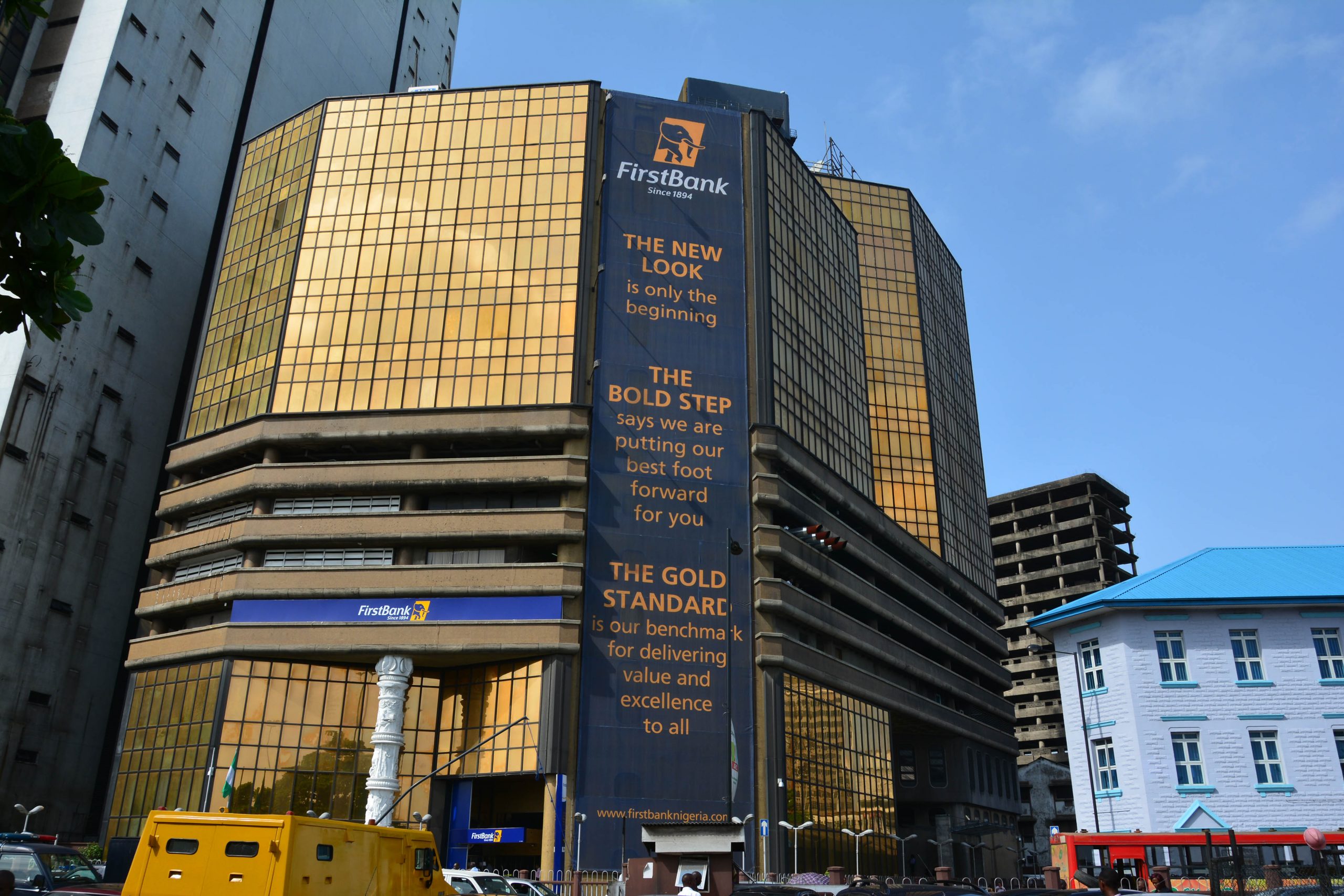In a scathing critique of President Bola Tinubu’s economic policies, Phrank Shaibu, the Special Assistant to former Peoples Democratic Party (PDP) presidential candidate Atiku Abubakar, accused the Nigerian leader of “gaslighting poor Nigerians” with misleading economic statistics. His remarks, made public on Wednesday, take aim at the National Bureau of Statistics (NBS) for allegedly becoming a political instrument under the Tinubu administration.
Shaibu’s comments were in response to a post shared by Bayo Onanuga, Tinubu’s spokesman, who praised the president’s handling of Nigeria’s economic challenges. Onanuga’s post highlighted a significant reduction in inflation, particularly food inflation, claiming that this was a direct reflection of Tinubu’s commitment to improving the country’s economic situation.
In an excerpt from the April 2024 Ramadan dinner for the APC Presidential Campaign Council, Onanuga quoted President Tinubu, saying, “I campaigned on HOPE, and I am committed to delivering that HOPE. The economy is looking GOOD. Yes, we face inflationary challenges, but we will bring it down! We are reengineering, reclaiming our sovereignty, and restoring Nigeria’s respect on the global stage.”
Despite these positive assertions, Shaibu remains unconvinced and criticized the claim. He demanded an explanation as to how Nigeria’s unemployment rate, initially reported at 33.3% at the start of the Tinubu presidency, plummeted to a figure of 5% following a recalculation by the NBS. He described the sudden drop as an absurd and laughable distortion of the country’s economic reality.
Shaibu went further to suggest that the new unemployment statistics, which are now based on a broad definition of employment, including anyone working for at least one hour a week, had skewed the actual picture of unemployment in the country. He drew attention to the absurdity of Nigeria now having a reported unemployment rate almost on par with that of the United States and the United Kingdom.
In addition to this, Shaibu also took issue with the NBS’s handling of inflation data. He expressed disbelief at how inflation, which had previously been above 34%—the highest in over three decades—suddenly dropped to 24.48%. This drop, he argued, was illogical given that prices for essential goods and services had continued to rise.
“What we’re witnessing is an attempt by the Tinubu administration to gaslight Nigerians with phony statistics,” Shaibu said in an X post. He accused the NBS of failing to engage in real work and instead acting as a political tool to support the administration’s narrative.
Shaibu’s criticism also extended to the president’s prediction that inflation would decline further to 15% in 2025. He dismissed this forecast as overly optimistic, with even Tinubu’s own economic advisor, Bismark Rewane, reportedly rejecting it.
“The National Bureau of Statistics, which is mostly funded by the World Bank, has allowed itself to become a willing political tool,” Shaibu added, referencing the seeming inconsistency and manipulation of economic data for political gain.
He was particularly frustrated by the NBS’s shift from addressing inflation to focusing on the rebased unemployment figures. Shaibu noted that while these economic reports had drastically improved in the administration’s favor, the reality for ordinary Nigerians had not changed. The rising costs of commodities such as rent, school fees, electricity, and telecommunications services, he argued, were stark indicators of the worsening economic conditions in the country.
The most recent hikes in telecommunication services, including a 50% increase in call tariffs and up to a 200% rise in data services, were cited as prime examples of how inflation, though seemingly reduced on paper, continued to burden Nigerian citizens.
Meanwhile, discussions within the ruling APC party have also been centered on the country’s projected GDP. Shaibu pointed out that supporters of the administration have already begun speculating that Nigeria’s GDP would exceed $600 billion, which would contribute significantly to President Tinubu’s ambition of a $1 trillion economy. However, Shaibu dismissed these claims as unrealistic, particularly given the severe devaluation of the naira—by over 73%—which had significantly impacted the country’s overall economic health.
For Shaibu, the true measure of economic success is not found in manipulated statistics but in the lived experiences of Nigerians. “The question remains, are Nigerians better off today than they were on May 29, 2023, when the Tinubu administration took over? The answer is a resounding NO,” he concluded.
Additionally, Shaibu pointed to the recent resignation of Yemi Kale, the former head of the NBS, as a pivotal moment in the agency’s loss of credibility. He lamented that the new leadership of the NBS had succumbed to political pressures, undermining its once-respected role in providing independent economic data. He claimed that even the NBS website was now barely functional, further eroding its legitimacy.
Shaibu’s concerns were not limited to Nigeria. He also drew parallels with Sri Lanka, a nation that had been accused of manipulating inflation and debt data prior to its economic collapse. “Rather than gaslight poor Nigerians with phony statistics, Tinubu and his ilk should learn a lesson from Sri Lanka, which was putting out fake statistics about its inflation and debt profile,” Shaibu warned. “The result was an unprecedented economic crisis, which also eroded investor confidence.















